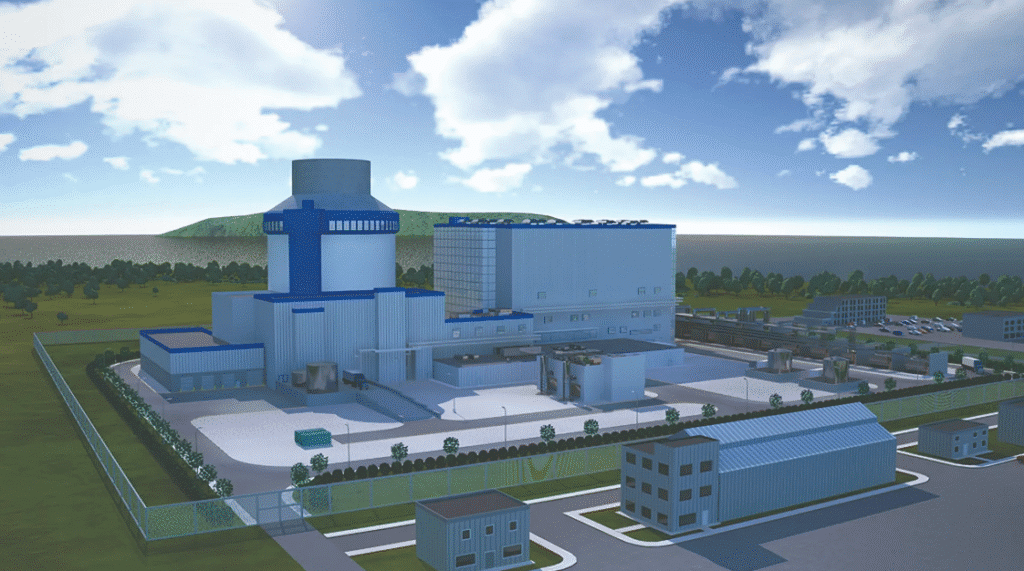Poland’s Nuclear Power Push: A Bold Yet Troubled Comeback

Poland is revisiting nuclear energy as a core strategy for energy independence and sustainability. However, the revival comes with serious concerns, especially surrounding radioactive waste disposal and public transparency.
Background: A Revival Decades in the Making
- The first attempt began in 1982 with the Żarnowiec plant project.
- Public resistance led to its cancellation in 1990.
- Now, a new nuclear plant is proposed just 15 km from the original site.
Strategic Investments and EU Communication
- In September 2024, Poland submitted its nuclear investment plans to the European Commission:
- €14 billion equity from the state.
- 100% state guarantees.
- 20% of the funding projected from private investors.
- Authorities claimed the project aligned with EU taxonomy, making it eligible for green bonds and preferential loans.
The Waste Management Controversy
Conflicting Narratives
Poland appears to be telling two different stories:
- To the EU: A plan is in place to meet the 2050 waste repository deadline, aligning with taxonomy mandates.
- To the public: No permanent repository will be operational before 2070, based on typical international timelines.
Timeline Discrepancy
- The EU regulation requires:
- A documented plan to launch a repository by 2050.
- However:
- Poland’s domestic reports admit high-level waste facilities take 30–40 years to complete after plant construction.
Key Concerns
Discrepancy and Transparency
- Why does the domestic report contradict EU submissions?
- Has the European Commission or future investors been misled?
- Are Polish authorities obscuring the true waste timeline to secure funding?
These issues raise red flags on both ethical and legal grounds.
Expert Insights & Political Implications
- Experts argue:
- Electricity demand is being overestimated.
- Renewable energy alternatives are being overlooked.
- Government maintains:
- Nuclear power is vital for energy security and cost control.
Yet, experts caution that energy security should not come at the cost of misleading stakeholders.
What Needs to Change
Poland Must:
- Be transparent with both domestic citizens and EU officials.
- Reevaluate its capability to meet 2050 taxonomy standards.
- Provide a realistic timeline for waste disposal facilities.
- Disclose the financial risks and reassess the strike price of its nuclear project.
Final Thought:
“Ambition must be matched by accountability. Poland’s energy transition depends on both infrastructure and integrity.”
